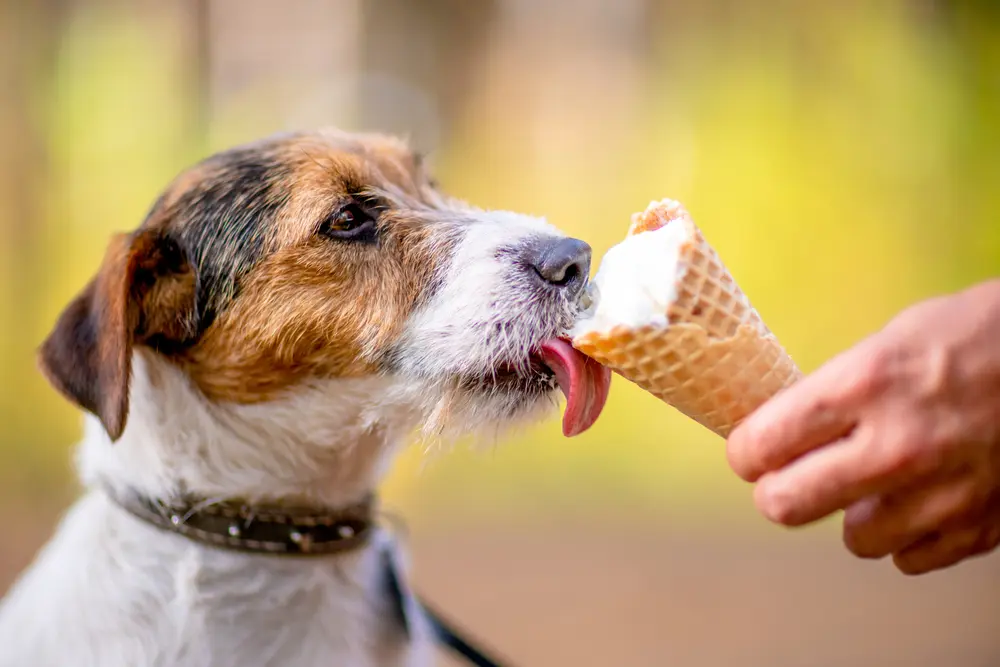Vanilla is a popular flavoring that many of us use in baking and cooking, but is it safe for dogs? While pure vanilla may not be harmful in small amounts, the most common forms of vanilla used in households — like vanilla extract or vanilla flavoring — can pose risks to your dog’s health. This article will explore whether dogs can have vanilla, the dangers of certain ingredients, and safer alternatives for treating your pet.
Is Vanilla Safe for Dogs?
In its pure form, vanilla beans or vanilla powder are not toxic to dogs. However, these are not typically used in cooking or baking. Most vanilla products, such as vanilla extract or vanilla flavoring, contain alcohol, which can be harmful to dogs if consumed in large quantities.
Why Vanilla Extract Is Harmful
Vanilla extract is made by soaking vanilla beans in alcohol, and this alcohol content is what makes it dangerous for dogs. Even small amounts of alcohol can cause symptoms of alcohol poisoning in dogs, including:
- Vomiting
- Lethargy
- Uncoordinated movements
- Difficulty breathing
- Seizures, in severe cases
Even a small amount of vanilla extract can lead to these symptoms, especially in small dogs, making it important to avoid giving it to your pet.
What Happens If a Dog Eats Vanilla?
If your dog consumes a small amount of vanilla extract or flavoring, they may show mild symptoms like upset stomach or vomiting. However, if larger amounts are consumed, alcohol poisoning becomes a serious risk. In such cases, it’s essential to contact a veterinarian immediately.
Safe Vanilla Alternatives for Dogs
If you're looking for a way to give your dog a vanilla-flavored treat, consider these dog-friendly alternatives:
- Vanilla-Flavored Dog Treats: Some dog treats are made with safe, alcohol-free vanilla flavoring, specially formulated for pets.
- Plain Yogurt: You can mix a small amount of pure vanilla powder into plain yogurt as a special treat, avoiding harmful additives.
- Homemade Dog Treats: If you enjoy baking, you can create dog-safe treats using ingredients like peanut butter, applesauce, and a small pinch of vanilla powder.
When to Call the Vet
If you suspect your dog has consumed vanilla extract or any product containing alcohol, monitor their behavior closely and contact your vet if you notice any unusual symptoms. Early treatment can prevent more severe health issues.
Takeaway
While pure vanilla isn’t toxic to dogs, vanilla extract and other forms containing alcohol can be dangerous. To keep your dog safe, avoid sharing vanilla-flavored human treats and opt for pet-safe alternatives.


